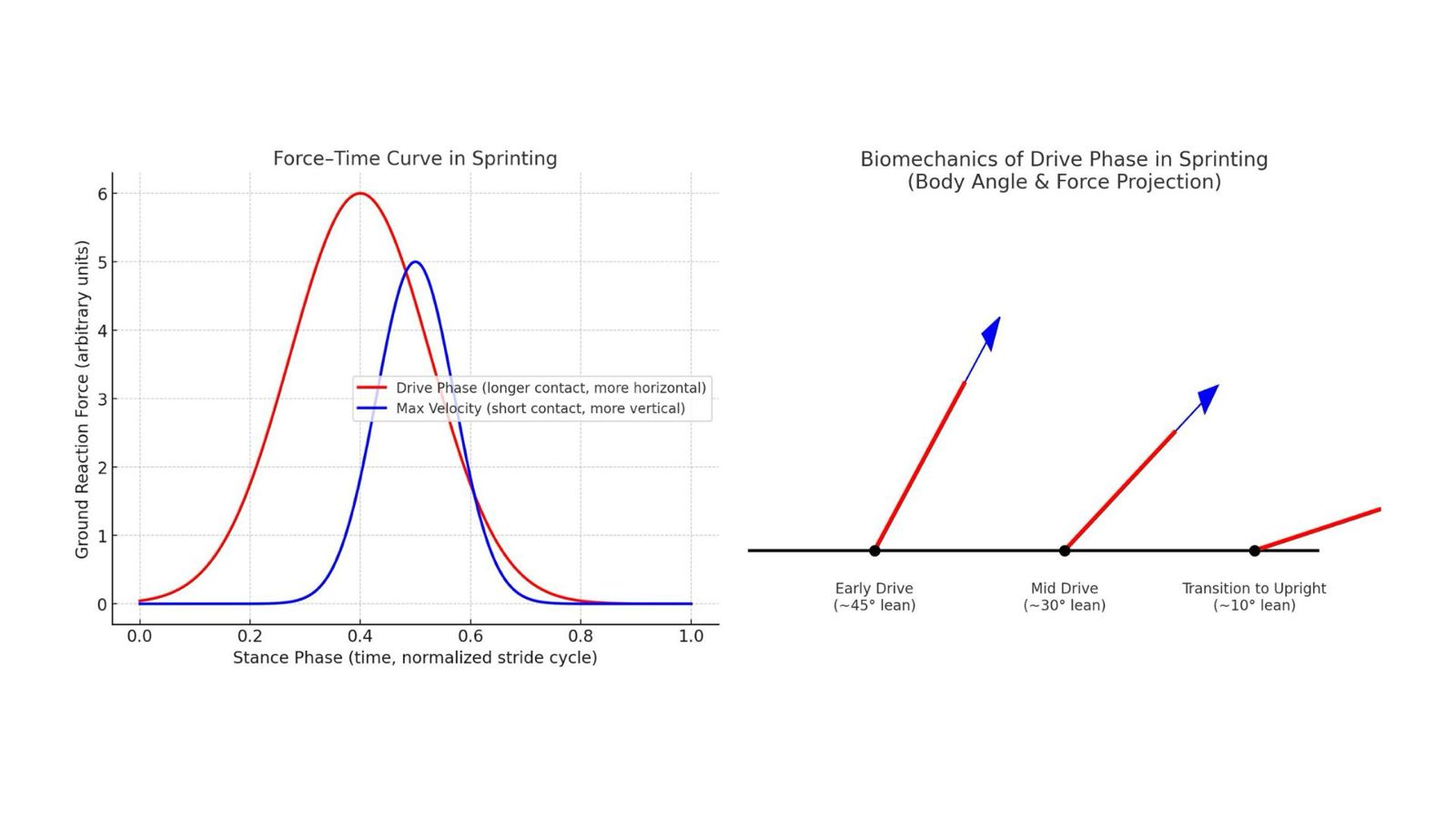Diet, analogous to the term 'nutrition,' encompasses all the food and beverages an individual consumes. An athlete's diet has a direct and profound impact on their performance and overall health. Consequently, coaches must recognize that an athlete's eating and drinking habits significantly influence their ability to train effectively and compete at optimal levels. To this end, coaches should collaborate with athletes to develop personalized, healthy diets, wherein each athlete is cognizant of their distinct nutritional objectives and knowledgeable about selecting the appropriate nutrition to achieve these goals.
A well-structured diet offers numerous benefits to athletes, irrespective of their event, gender, age, or competitive level.
These benefits include:
Optimal gains from training programs
Enhanced recovery between training sessions and competitions
Achievement and maintenance of optimal body weight and physique
Reduced risk of injury and illness
Confidence in being well-prepared for competition
Enjoyment of food and social eating situations
Despite these advantages, many athletes fail to meet their nutritional objectives. The reasons for this can include:
Limited knowledge of foods and beverages
Coaches possessing inadequate or outdated knowledge of sports nutrition
Poor food choices
Inadequate cooking skills
Financial constraints
A busy lifestyle resulting in insufficient time to obtain, prepare, or consume suitable foods
Limited availability of healthy food and beverage options
Frequent travel
Indiscriminate and incorrect use of supplements and sports foods
In this chapter, we will examine the crucial role food plays in successful training and competition. We will discuss why the body requires food, identify beneficial and detrimental food sources, and explain the rationale behind these distinctions. Firstly, however, it is essential to understand the concept of nutrition.

The Drive Phase in Sprinting: Biomechanics & Coaching …
Speed in sprinting is built during the drive phase -- the crucial …



